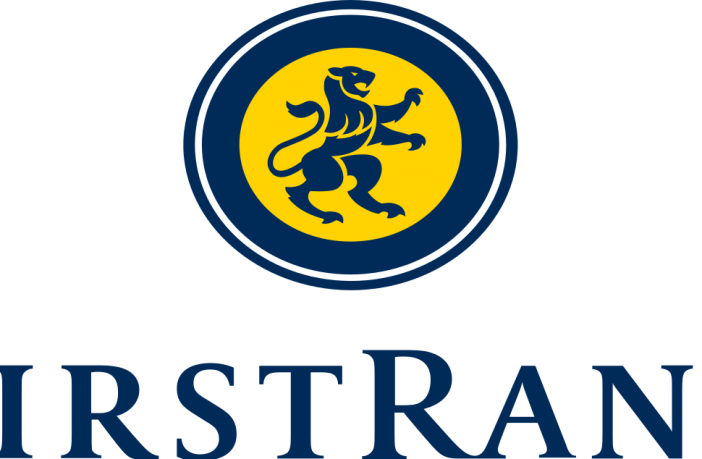At FirstRand Limited’s AGM earlier today, 99.9% of shareholders voted in favour of a climate risk shareholder resolution that requires the bank to adopt and disclose a policy on fossil fuel lending by end October 2020.
FirstRand is the second South African company to table climate risk-related shareholder resolutions. The first was Standard Bank in April 2019. Unlike the Standard Bank board, the FirstRand board endorsed the resolution (ordinary resolution 6) and was almost unanimously supported in its recommendation.
Ordinary resolution 6 was one of two resolutions co-filed by the RAITH Foundation and shareholder activist non-profit Just Share. If adopted, the second resolution (ordinary resolution 5) would have required the bank to assess and report on its exposure to climate-related risks by end October 2020. While resolution 5 received a high level of shareholder support (33%), ordinary resolutions require more than 50% of shareholder votes to be passed. As a result, resolution 5 was not passed.
However, Chairman Roger Jardine reiterated the company’s assertion in its Notice of AGM that FirstRand “does not disagree with RAITH and Just Share on the principle of increased disclosure, only on the timeframe”.
In response to a question from RAITH’s Executive Director, Audrey Elster, as to when the bank would commit to reporting on its exposure to climate-related risks, Jardine promised that a “full roadmap for FirstRand’s climate risk disclosure” would be published next year.
Tracey Davies, director of Just Share, says: “We commend the FirstRand board for tabling the resolutions – a clear acknowledgement of the material financial risk that climate change poses – and for endorsing resolution 6. While we accept that there are complexities in disclosing climate risk exposure, it is disappointing that the board did not endorse resolution 5, and that the majority of shareholders followed the board’s recommendation to vote against the resolution.”
This week, the United Nations Environment Programme released its “Emissions Gap Report” which shows that we are rapidly approaching the point at which we will no longer be able to limit global temperature increases to 1.5°C. The report emphasises that “countries must increase their NDC (Nationally Determined Contributions) ambitions threefold to achieve the well below 2°C goal and more than fivefold to achieve the 1.5°C goal”, and that “decarbonizing the global economy will require fundamental structural changes”.
Davies says: “The South African financial sector is waking up to the realities of climate risk, but the pace at which it is adapting to manage this risk is still far too slow. Shareholders must accept that the scale of the crisis we face, and the pace at which we need to change to address it, requires them to think critically about the issue, and not simply defer to management”.
Author: Bryan Groenendaal











